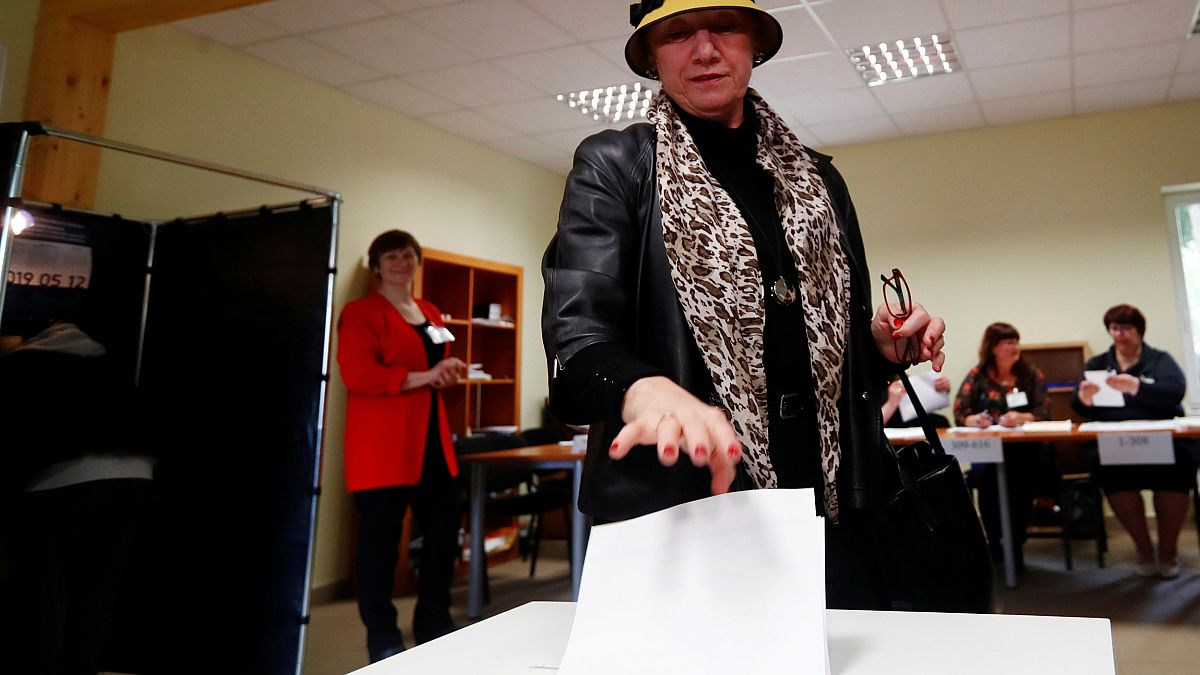Over 71% of voters approved amending the constitution to allow for dual citizenship with 43 countries including EU member states and the US but excluding Russia.
Lithuanians overwhelmingly backed amending the constitution to allow for dual citizenship with certain countries during a referendum on Sunday.
The motion was approved with about 71.9% of votes and opposed by just over 26%, preliminary results showed. Turnout was more than 52.6%.
If passed into law, it would amend Article 12 of the country's constitution so that Lithuanians can acquire a second citizenship without losing their birth nationality.
'Not morally justifiable'
Currently, dual citizenship is only granted on a case-by-case basis and is very difficult to get but could now be allowed, although only with 43 countries which meet "the criteria of European and transatlantic integration".
These include member states of the EU, as well as those of the European Economic Area — Norway, Switzerland, Liechtenstein, and Iceland. Members of the North-Atlantic Treaty Organisation (NATO) and of the Organisation for Economic Cooperation and Development (OECD), including Albania, Australia, Canada, Chile, Israel, Japan, Mexico, Montenegro, South Korea, Turkey and the US also make the cut.
It, however, excludes Russia despite Russian being spoken by more than 8% of the Lithuanian population.
In an opinion piece published by Lithuanian public broadcaster LRT, philosopher Viktoras Bachmetjevas decried this choice.
"Basically the fear is that Lithuania's Russian-speaking population will get Russian passports and these will become a playing card between the two countries," he wrote.
"Ths kind of thinking stems from doubts about the loyalty of the Russian-speakers in our country — but this is neither rooted in fact nor morally justifiable," he argued.
Negative net migration
Since Lithuania gained its independence from the former Soviet Union in 1990, net migration has been consistently negative, according to Osnabruck University's Institute for Migration Research and Intercultural Studies. The total population has shrunk by 5.8% (300,000 persons).
The country's accession to the EU in 2004 has accelerated the trend with Lithuanians primarily migrating for economic reasons. These emigrants could not acquire the citizenship of their country of residence without losing their Lithuanian nationality.
According to figures from the Lithuanian government, 744 and 720 people lost their Lithuanian citizenship when acquiring another one in 2016 and 2017 respectively. Last year, they were 982 to suffer the same fate.
The vast majority of them acquired another European nationality: 284 became Norwegian, 175 were naturalised German, 121 became Swedish and 99 acquired the British nationality.
The referendum was held on Sunday at the same time as the first round of the country's presidential election and another referendum on whether to reduce the number of parliamentarians.
